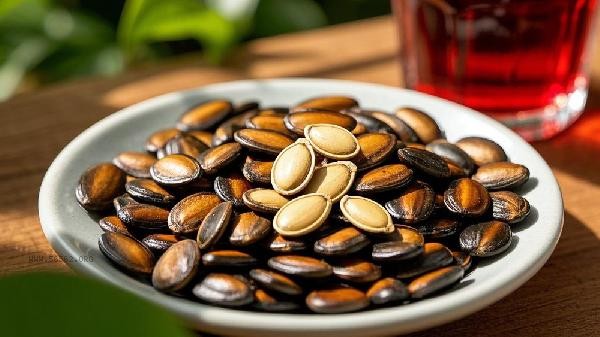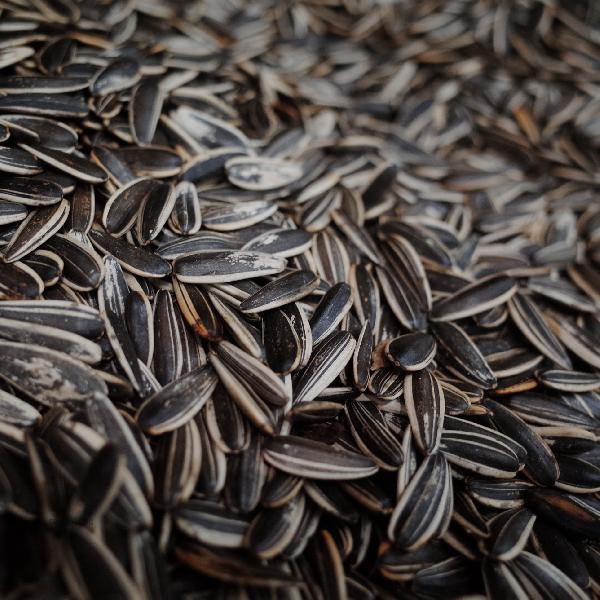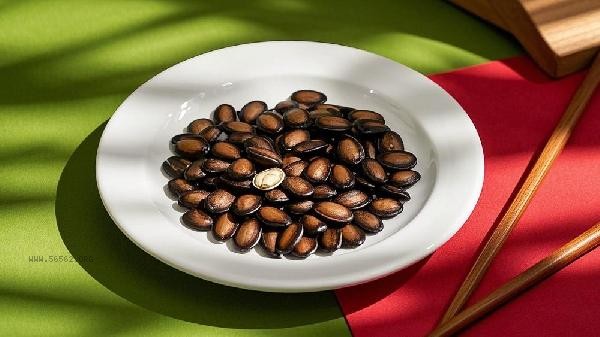People with high blood sugar can eat sunflower seeds in moderation, but their intake needs to be controlled. Hanging melon seeds contain nutrients such as protein and unsaturated fatty acids, but they have a high fat content, and excessive consumption may affect blood sugar control. As a type of nutty food, hanging melon seeds have a relatively low glycemic index and do not directly lead to a rapid increase in blood sugar. The dietary fiber contained in it helps to slow down sugar absorption and has a certain buffering effect on blood sugar fluctuations. However, it should be noted that hanging melon seeds have a high calorie density, containing about 500-600 calories per 100 grams. Long term overconsumption may lead to excess calories, indirectly affecting blood sugar stability. It is recommended that people with high blood sugar control their daily intake within 15-20 grams and reduce their intake of other oily foods accordingly.

For diabetes patients with abnormal lipid metabolism, they should be taken more carefully. The fat in sunflower seeds is mainly unsaturated fatty acids, which have a certain protective effect on cardiovascular health. However, if the total fat content exceeds 40%, excessive intake may still exacerbate insulin resistance. People with weak gastrointestinal function may experience digestive symptoms such as bloating. It is recommended to choose original flavor products when consuming, and avoid processing methods such as salt baking and sugar stains that increase additional sugar and sodium intake. People with high blood sugar can use hanging melon seeds as a snack between meals, preferably paired with sugar free yogurt or low sugar fruits. Regular monitoring of blood sugar changes is necessary in daily life, and maintaining a diversified diet with a basic dietary structure mainly consisting of whole grains, green leafy vegetables, and high-quality protein is more conducive to blood sugar management. If there are abnormal fluctuations in blood sugar after consumption, it is necessary to consult a nutritionist in a timely manner to adjust the diet plan.










Comments (0)
Leave a Comment
No comments yet
Be the first to share your thoughts!